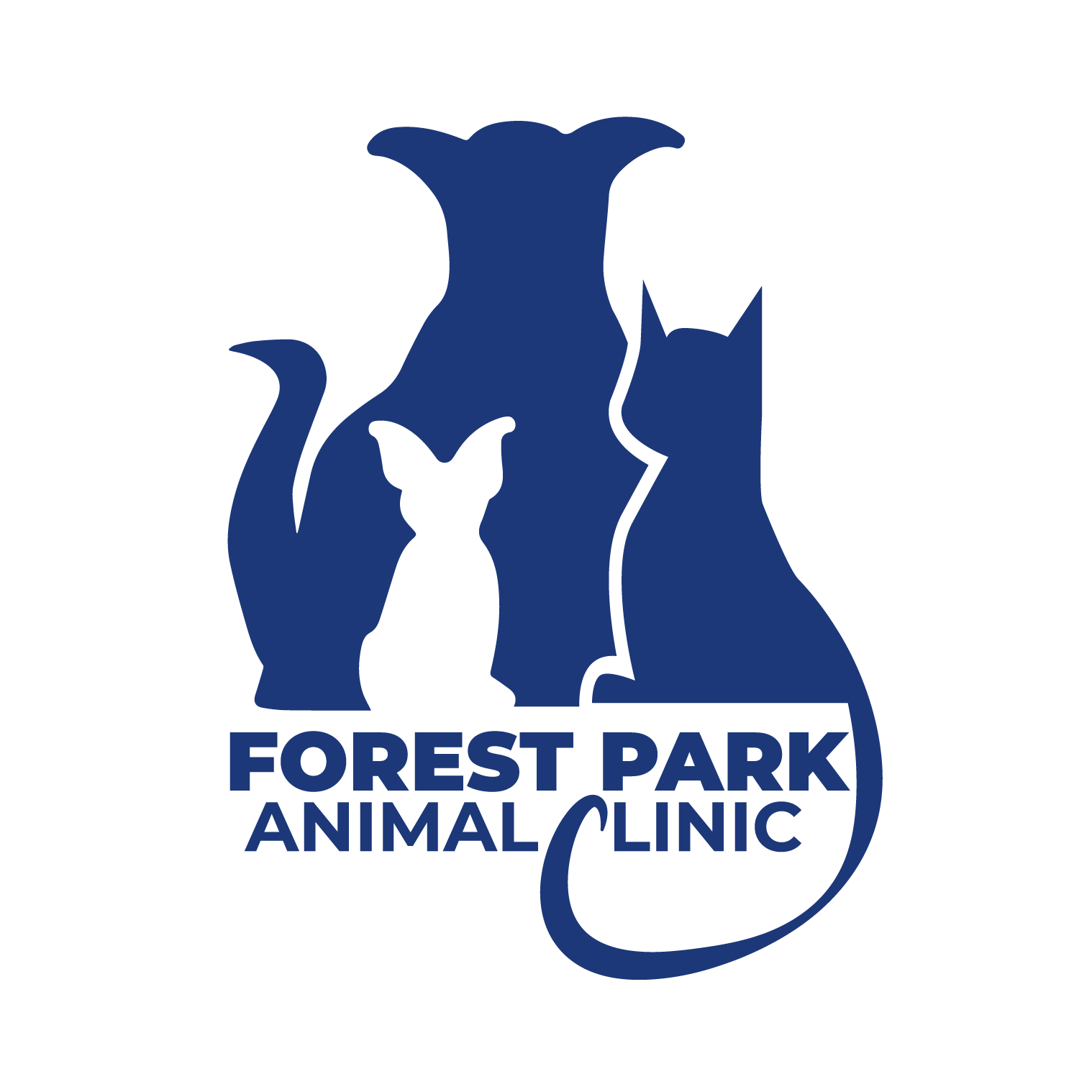FAQs
There is no question too big or too small for our veterinary team. Below are some answers to our most common questions.
We proudly serve the pets in Knoxville, TN, and beyond.
At Forest Park Animal Clinic, we get a ton of interesting questions from pet parents. Below are some common FAQs that might help answer any questions or concerns. Please feel free to call us at 865-584-4600 for any other concerns you might have about your pet.
What are your hours?
We are open:
Monday – Friday: 8 AM – 6 PM
Saturday: 8 AM – 12 PM
Sunday: Closed
What are your payment options?
What is your patient arrival policy?
For your protection and that of others, all dogs must be on a leash and properly controlled while in the waiting area or exam rooms. All cats must be presented in an appropriate cat carrier or on a leash.
Surgical FAQs
Is the anesthetic safe?
Today’s modern anesthetic monitors have made surgery much safer than in the past. Here at Forest Park Clinic, we do a thorough physical exam on your pet before administering anesthetics to ensure that a fever or other illness won’t be a problem. We also adjust the amount and type of anesthetic used depending on the health of your pet.
Preanesthetic blood testing is important in reducing the risk of anesthesia. Even apparently healthy animals can have serious organ system problems that cannot be detected without blood testing. If there is a problem, it is much better to find it before it causes anesthetic or surgical complications. Animals that have minor dysfunction will handle the anesthetic better if they receive IV fluids during surgery. If serious problems are detected, surgery can be postponed until the problem is corrected. For geriatric or ill pets, additional blood tests, electrocardiograms, or X-rays may be required before surgery as well.
It is important that surgery be done on an empty stomach to reduce the risk of vomiting during and after anesthesia. You will need to withhold food for at least 8 to 10 hours before surgery. Water can be left down for the pet until the morning of surgery.
Will my pet have stitches?
For many surgeries, skin sutures are required. Dog and cat neuters usually do not require skin sutures. If there are skin sutures, these will usually be removed 10 to 14 days after surgery. You will also need to limit your pet’s activity level for a time, and no baths are allowed for the first 10 days after surgery. Some surgeries require absorbable sutures underneath the skin. These will dissolve on their own and do not need to be removed later. With either type of suture, you will need to keep an eye on the incision for swelling or discharge. Most dogs and cats do not lick excessively or chew at the incision, but this is an occasional problem you will also need to watch for. Most pets are sent home with an E-collar to prevent them from licking their incision.
Will my pet be in pain?
Anything that causes pain in people can be expected to cause pain in animals. Pets may not show the same symptoms of pain as people do; they usually don’t whine or cry, but you can be sure they feel it. Pain medications needed will depend on the surgery performed. Major procedures require more pain relief than things like minor lacerations.
For dogs, we may recommend an oral anti-inflammatory the day after surgery and several days after to lessen the risk of discomfort and swelling. We use newer medications, which are less likely to cause stomach upset and can be given even on the morning of surgery.
Because cats do not tolerate standard pain medications such as aspirin, ibuprofen, or Tylenol, we are limited in what we can give them. Recent advances in pain medications have allowed for better pain control in cats than ever before. After surgery, pain medication is given on a case-by-case basis. Any animal that appears painful will receive additional pain medication.
